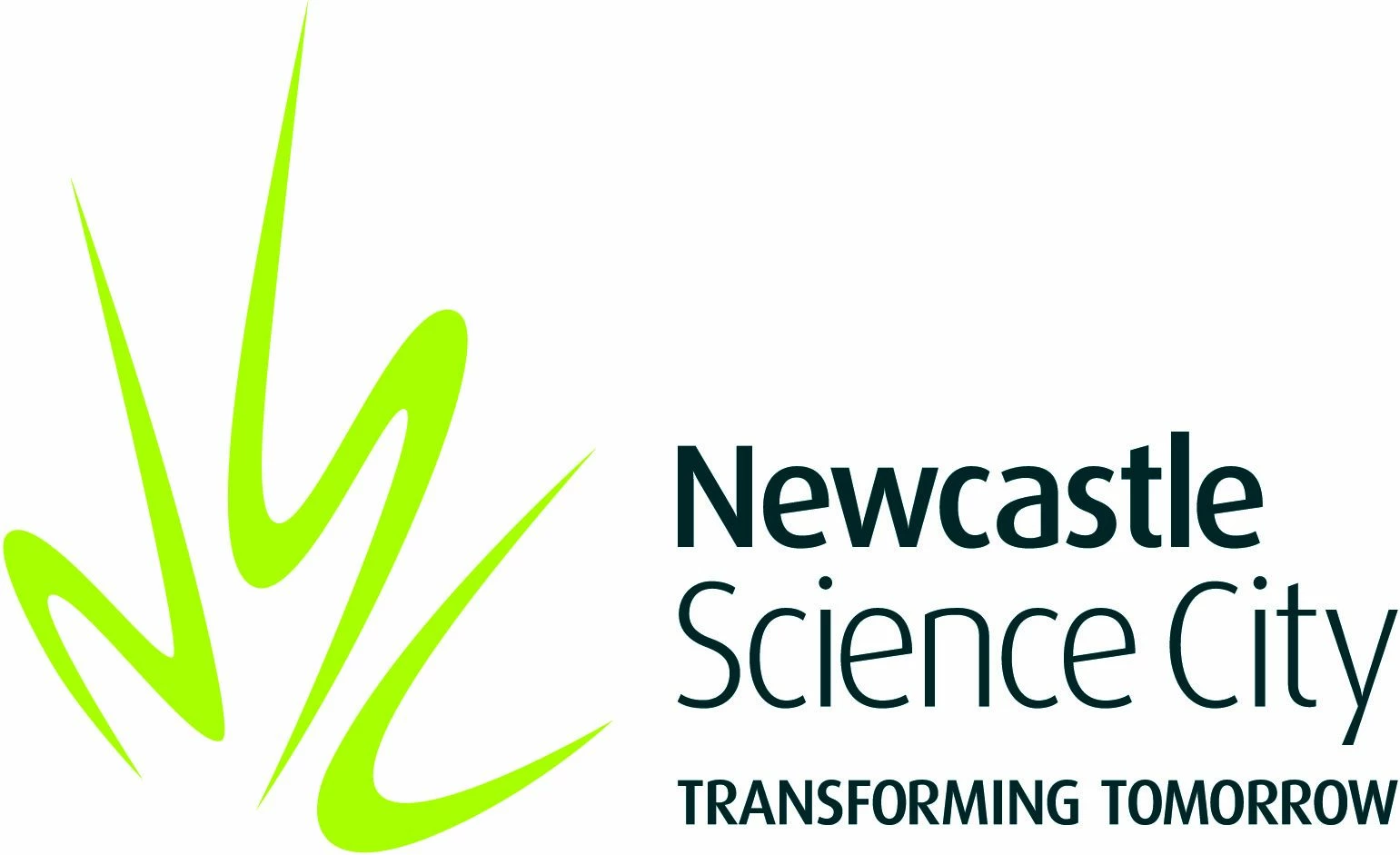
Partner Article
Good innovation is more like streetfood than gourmet cuisine
Simon Green, Head of Business Support, Newcastle Science City.
If you know me you’ll know I love a good analogy. So here goes with my latest…
Imagine you are setting up a food business for the first time. You have a choice between a stall on the street, selling simple but tasty meals to passers-by; or taking over a building with staff, overheads and a lot of space to fill. Which do you choose?
Clearly there’s a role for both types of food provision. Sometimes customers will want to sit down for two hours and have a full eating experience within a plush environment, which they are happy to pay extra for. Sometimes they will want to grab something on the go.
However, setting up a new restaurant is expensive, risky and it takes time. You need to find premises, make them look and function the way you want, secure licenses, find staff, develop a menu and promote your offer before taking even a penny from customers. On the other hand, providing street food can prove to be much cheaper and quicker, allowing you to learn by doing.
So, where is the analogy I promised? Well, I think the food business can help to inform innovation best practice.
Traditionally, innovation has tended to follow the restaurant model, with lots of planning and expense incurred in developing an idea before it is tested with customers. Big corporates tried to deliver gourmet ideas which they had spent years working on.
Sometimes a prolonged testing phase is essential; none of us would want to fly on a new aeroplane that had been thrown together in a rush, to test whether it might work!
In most situations though it’s better to get a product out to customers as quickly as possible to see what they think of it. This is especially the case if you’re a small to medium sized business, where taking too much time to get to market can prove very costly.
A great example of getting this wrong is Cisco’s Flip compact camcorder. Cisco bought the technology for $600m and subsequently invested over $300m in further development. However, within a year the business was dead because the arrival of HD video on smartphones made the product obsolete.
Hence the streetfood idea.
Small businesses can’t afford to spend years and millions developing products. They have to get to market as cheaply and quickly as possible, building in flexibility to learn from customer feedback.
By employing more of a ‘streetfood model’, smaller businesses can adapt what they provide to meet with the needs of their customers, moving to the next town if the trade there is better, and always keeping the cost base as low as possible.
If you want to learn more about innovation, the Business & IP Centre Newcastle has teamed up with the Federation of Small Businesses to run a free workshop this week (11th September at Newcastle City Library).
For details about the event or to register, click here.
This was posted in Bdaily's Members' News section by Newcastle Science City .
Enjoy the read? Get Bdaily delivered.
Sign up to receive our daily bulletin, sent to your inbox, for free.








 The real cost of tendering for construction SMEs
The real cost of tendering for construction SMEs
 A welcome step forward – but let’s keep pushing
A welcome step forward – but let’s keep pushing
 Industrial strategy 'can drive business forward'
Industrial strategy 'can drive business forward'
 Industrial strategy 'can be game-changer we need'
Industrial strategy 'can be game-changer we need'
 Driving skills forward with near £100,000 boost
Driving skills forward with near £100,000 boost
 What pension rule changes could mean for you
What pension rule changes could mean for you
 North East can't be an afterthought in AI future
North East can't be an afterthought in AI future
 Understanding the impact of the Procurement Act
Understanding the impact of the Procurement Act
 Is the UK losing ground in life sciences investment?
Is the UK losing ground in life sciences investment?
 Construction workforce growth can't be a quick fix
Construction workforce growth can't be a quick fix
 Why it is time to give care work a makeover
Why it is time to give care work a makeover
 B Corp is a commitment, not a one-time win
B Corp is a commitment, not a one-time win